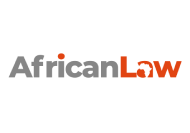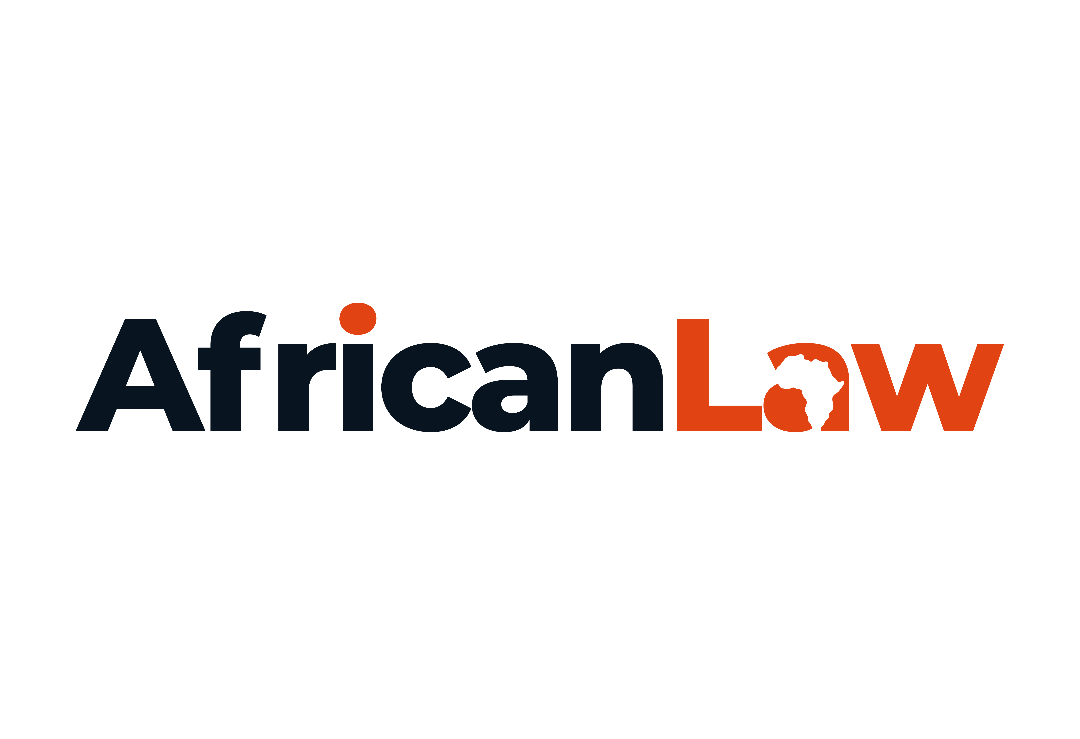Morocco has quietly emerged as a leading financial hub in Africa, strategically positioning itself as a gateway for investors targeting Francophone Africa and beyond. With robust legislative reforms, modern infrastructure and a business-friendly environment, the country is attracting a diverse range of players, from multinationals to startups. This article explores Morocco’s transformation, the legislative reforms driving its financial ascent and the opportunities and considerations for investors.
Morocco’s Strategic Positioning and Competitive Edge
Morocco’s geographic advantage at the crossroads of Europe, West Africa and the Middle East has long been a cornerstone of its appeal. The country’s rise is not merely aspirational, it is a reality backed by strategic reforms, infrastructure, and a proactive government. The country’s stability, coupled with its alignment with global financial standards, positions it as a launchpad for scaling operations across Africa. Early movers who establish a presence in Morocco, particularly through the Casablanca Finance City (CFC), stand to gain a first-mover advantage in one of the continent’s most dynamic markets. The CFC, established in 2010, serves as the epicenter of this transformation. Designed to attract global investors, CFC offers a compelling package of regulatory incentives, streamlined procedures, and a robust legal framework, ensuring both security and accessibility.
Key Legislative Reforms
Morocco’s government has implemented a series of legislative reforms to bolster its financial ecosystem and attract foreign investment. These reforms include:
- Tax Incentives and Treaties - Morocco has signed over 70 double taxation treaties with countries worldwide, reducing tax burdens for international investors and fostering cross-border investments. These treaties provide clarity and certainty, encouraging capital inflows into the country. In addition, the CFC offers tax exemptions and reductions for qualifying companies, such as lower corporate tax rates for firms headquartered in the hub.
- Investment Protection Agreements - Morocco has entered into bilateral investment treaties (BITs) with over 50 countries, ensuring protections against expropriation, fair treatment and solid dispute resolution mechanisms. These agreements enhance investor confidence by mitigating political and economic risks.
- Financial Sector Liberalization - The Banking Law of 2014 (Law No. 103-12) modernized Morocco’s financial sector by strengthening regulatory oversight, improving transparency and aligning with international standards such as Basel III. This reform has bolstered the stability of Moroccan banks, making them reliable partners for global investors.
- Foreign Exchange Reforms - Morocco has progressively liberalized its foreign exchange regulations, easing restrictions on capital repatriation and currency convertibility. The Exchange Office Circular of 2019 allows greater flexibility for foreign investors to transfer profits, dividends, and capital gains, making Morocco an attractive base for regional operations.
- ESG and Transparency Regulations - In alignment with global trends, Morocco has introduced frameworks to promote environmental, social, and governance (ESG) compliance. The National Sustainable Development Strategy (2017) and updates to the Moroccan Capital Markets Authority (AMMC) regulations emphasize transparency and accountability, appealing to socially conscious investors.
- Simplified Business Setup - The Investment Charter of 1995, revised in 2022, streamlines the process for establishing businesses in Morocco. It offers incentives such as exemptions from customs duties and simplified administrative procedures, particularly for strategic sectors like renewable energy and technology.
These reforms, combined with Morocco’s commitment to international alignment have solidified CFC’s status as Africa’s financial heartbeat, attracting over 200 companies by 2025.
Business and Investment Opportunities
Morocco's financial ascent is anything but hypothetical. It is creating actual, material pathways for businesses — especially those in the banking, insurance and finance and renewable energy. Regulatory clarity, Two-Language Legal Systems (French and Arabic) and steady political leadership sets out provide a value proposition not easily matched by more tempestuous peers.
- Banking and Finance - Morocco’s banking sector, led by institutions like Attijariwafa Bank and BMCE Bank, is among Africa’s most developed. The sector benefits from regulatory clarity and a growing fintech ecosystem, with startups leveraging Morocco’s digital infrastructure to serve regional markets.
- Private Equity and Venture Capital - Morocco’s proximity to North and West African consumer markets makes it an ideal base for private equity and venture capital funds. The CFC’s ecosystem supports the creation of investment vehicles, fostering partnerships and co-investments.
Morocco is becoming a place all private equity firms and venture capital funds look at as an investment target as well as a base. Whatever from the need to be able to establish a vehicle for foreign investments, tapping into consumer power of North/West Africa or just scoping out partners to co-invest with but the friendly environment is well suited for longer term growth. The results are evident, Morocco ranks among the top destinations in Africa for foreign direct investment (FDI), with inflows reaching US$2.5 billion in 2024, according to the United Nations Conference on Trade and Development (UNCTAD).
Navigating Risks and Compliance
But yes, every move into a new jurisdiction needs to have discipline. Investors have to navigate regional legal “idiosyncrasies”, grasp currency controls and fit into national compliance frameworks. Regulatory changes, particularly the ESG and financial transparency, are speeding up. The need for the right local advisors, in this case is now mandatory not optional.
The ascent of Morocco is not hype, it is readiness. Early movers with smart partners will be the greatest beneficiaries. Key considerations include:
- Regional Legal Nuances - Morocco’s legal system blends French civil law and Islamic law, which can present unique challenges. Engaging local legal advisors is critical to navigate these intricacies effectively.
- Currency Controls - Although Morocco has liberalized its foreign exchange policies, investors must stay informed about regulations governing capital flows to avoid compliance pitfalls.
- ESG and Transparency - The increasing emphasis on ESG and financial transparency requires investors to align with Morocco’s evolving regulatory landscape. Partnering with local experts ensures adherence to these standards.
- Cultural and Linguistic Factors - Operating in a bilingual environment (French and Arabic) necessitates cultural fluency and effective communication strategies to build trust with local partners.
Make Morocco Work for You
Morocco already isn't just an on-ramp anymore—she's morphed via morphic resonance into the ultimate destination. This means investors seeking exposure to the next big thing in Africa have stability, shape and scale with Morocco.
Whether you’re exploring expansion, capital deployment, or deal structuring, our team of regionally experienced legal and investment professionals is ready to guide you. Contact us today to develop tailored strategies and navigate Morocco’s financial landscape with confidence.

















